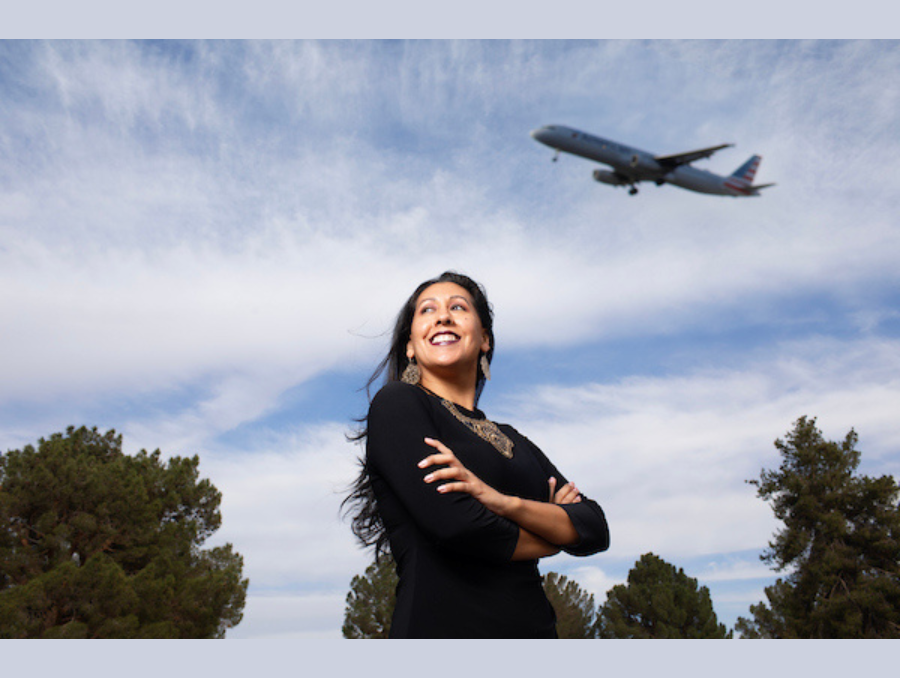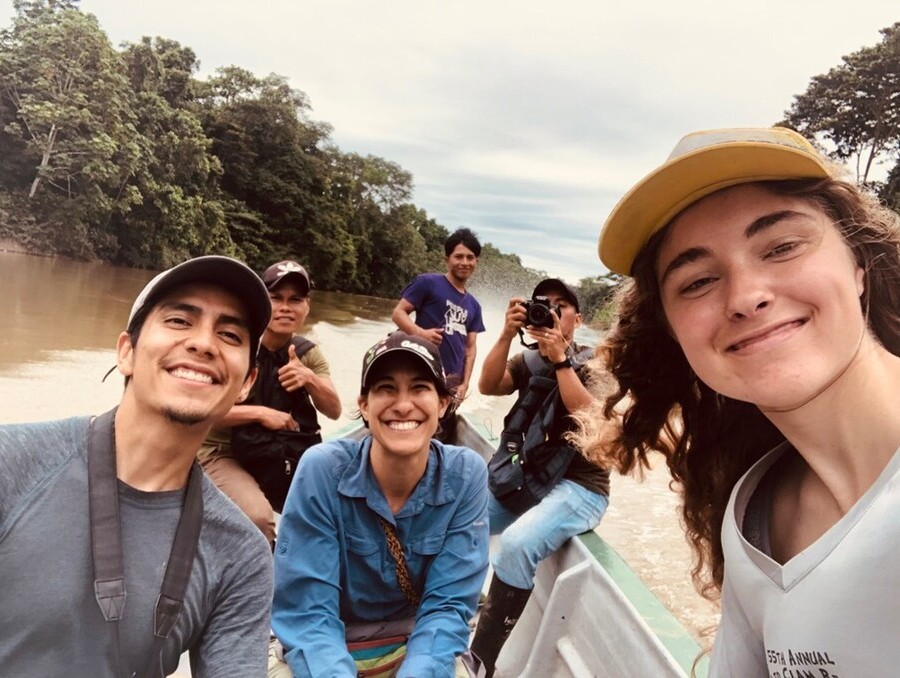Antoinette Hurtado, a veteran diplomat with the U.S. Department of State, visited the University of Nevada, Reno last week to discuss possible State Department careers and internships with students across campus, including engineering and information technology majors and first-generation students.
Hurtado, the State Department’s diplomat in residence for the Southwest region, focuses on recruitment for the department in Nevada, Arizona and New Mexico. Her work takes her to university campuses, community colleges, military bases — anywhere, in fact, that a future State Department employee might be found.
Her message: The State Department needs all sorts of professional skills, not just students with degrees in international studies or foreign languages.
“Probably 99.9 percent of major fields of study fit into State Department careers,” Hurtado said, noting that the department offers overseas postings in its Foreign Service (Diplomatic Corps) as well as domestic Civil Service careers. “For diplomatic careers, you don’t need to speak a foreign language. The State Department will teach you whatever language you need for wherever you are sent.”
As she talked with students, faculty and university leaders, Hurtado also emphasized that State Department careers aren’t merely well-paying positions with excellent benefits.
“It’s an incredible adventure, the adventure of a lifetime,” Hurtado said. “You are paid to travel the world. You are paid to make the world a better place, to live a life of purpose.”
Hurtado’s career over 20 years has taken her to postings in Australia, Brazil, Afghanistan and Rome, where her work at the U.S. Embassy to the Holy See afforded an opportunity to meet Pope Francis.
In her current role as one of the State Department’s 17 diplomats in residence in the United States, Hurtado pays particularly close attention to the development of a diverse staff for the department.
“We want to present the world with faces that represent all of America,” she said. “We also want to benefit from the healthy variety of perspectives that comes from people with many different personal, academic and professional backgrounds, ranging from law enforcement and management to political science.”
Entrance into the State Department’s ranks might mean a job right after graduation. Other students begin with internships during their studies or fellowships after graduation, and most internships and fellowships are paid. (Details about careers, internships and fellowships are available by contacting Hurtado through her State Department webpage or LinkedIn. Available opportunities can be reviewed on the State Department webpage.
Among the interns is Leslie Perez, a junior in the University’s International Affairs Program. She applied after attending a Zoom information session led by Hurtado.
While she hopes the internship will open the door to a career as a U.S. diplomat, Perez said her part-time internship also has taught her skills in building professional relationships, planning events and conducting research. She finds the work to be deeply meaningful.
“As a first-generation college student, simply hearing about these opportunities can be life-changing,” Perez said. “I want to inspire others, especially in the Latino and first-gen communities, to take part in these transformative experiences.”
















